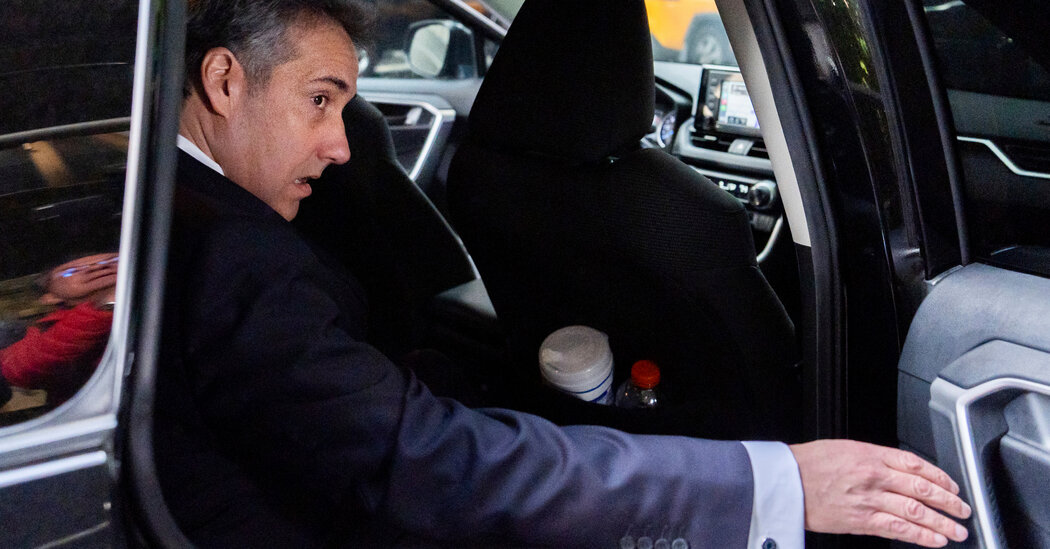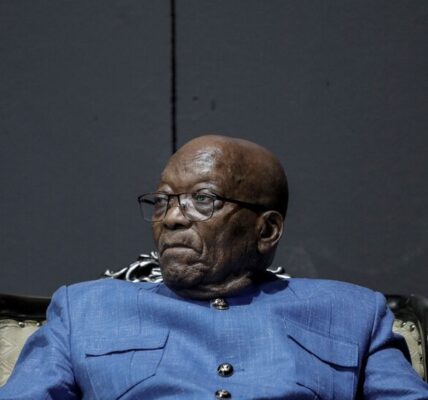Though past witnesses said he could be hot-tempered and occasionally throw tantrums, Cohen presented a calm and largely cogent case for the prosecution. He walked through his decade in Trump’s employ in often fawning terms — “It was a big family,” he said — and the subsequent fall from grace a little less than two years after he orchestrated the $130,000 payment to Daniels.
That payment — made shortly before the 2016 election — forms the background of the 34 felony counts of falsifying business records that Trump faces, representing the checks, invoices and ledgers used to cover-up Cohen’s reimbursement. Asked why he had made the payment, Cohen used one word to describe the impact Daniels’s story would have had on Trump’s campaign.
“Catastrophic,” he said.
Payoffs and signoffs
Cohen also wove together testimony and evidence offered by others, reinforcing the accounts of Daniels; her onetime lawyer, Keith Davidson; and David Pecker, the former publisher of The National Enquirer, who said he paid off Karen McDougal, a former Playboy model, who also says she had an affair with the former president. Pecker was never repaid, to his annoyance, Cohen recalled. (Trump denies having sex with Daniels and McDougal, and the charges against him.)
Along the way, Cohen also slowly ground into some of the defense’s assertions, including that Trump was a family man deeply worried about how Daniels’s accusations would harm his marriage.
When the problems with Daniels and McDougal emerged, for example, Cohen said Trump’s first reaction was to comment about their looks, calling both women “beautiful.” As for Melania, his third wife, Cohen said Trump’s reaction was callous, saying it “was all about the campaign,” and that if he were to become single, he’d be snapped up.




